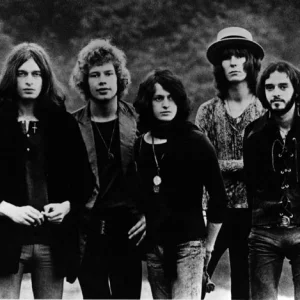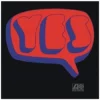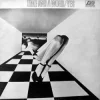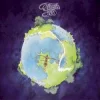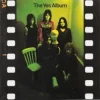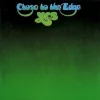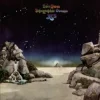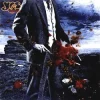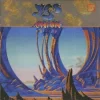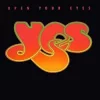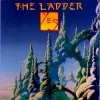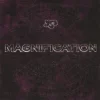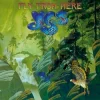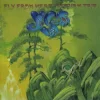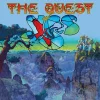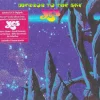History
Yes is a British progressive rock band which formed in London, United Kingdom in 1968. They are best known for 1970's "I've Seen All Good People", the 1972 9-minute US Top 20 smash "Roundabout" and their 1983 #1 hit "Owner of a Lonely Heart". Despite many lineup changes, occasional splits and the influence of the many changes in popular music, the band has endured for 40 years and still retains a strong international following. Their music is marked by sharp dynamic contrasts, lush harmonies, often extended song lengths and a general showcasing of members' instrumental prowess. Arguably one of the most musically ambitious bands of their genre, Yes manages to use symphonic and other so-called "classical" structures with their own blend of musical styles - including some innovations - in a happy constructive "marriage" of music.
The original line-up consisted of Jon Anderson (vocals), Chris Squire (bass, vocals), Peter Banks (guitar, vocals), Tony Kaye (keyboards), and Bill Bruford (drums). Personnel changes brought musicians Steve Howe and Rick Wakeman into the group in 1970 and 1971 respectively. Steve Howe appears on the cover of Time and a Word, even though soon-to-be-ousted Pete Banks is the guitarist on the album. Alan White then replaced Bill Bruford in 1972. These changes had arguably the biggest influence on their music and subsequent success. The early 1970's saw Yes as one of the few influential mainstream progressive acts.
Genres
Members
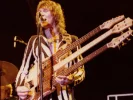
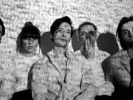
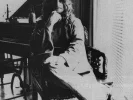
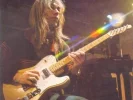
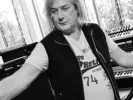
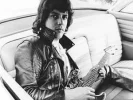

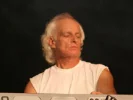
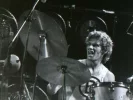
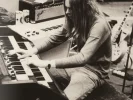

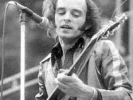
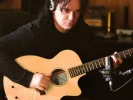

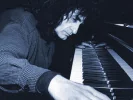



 FM
FM
